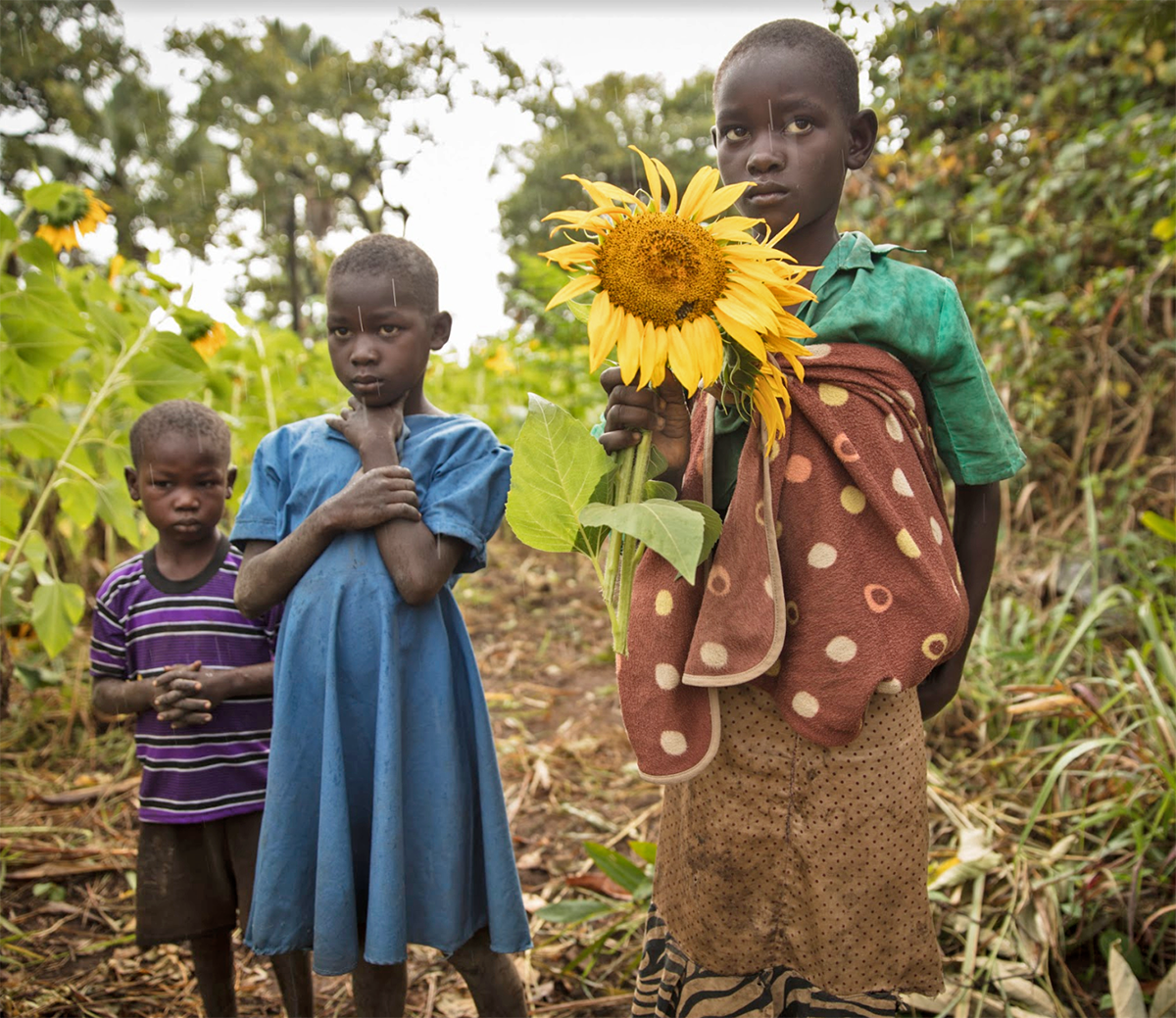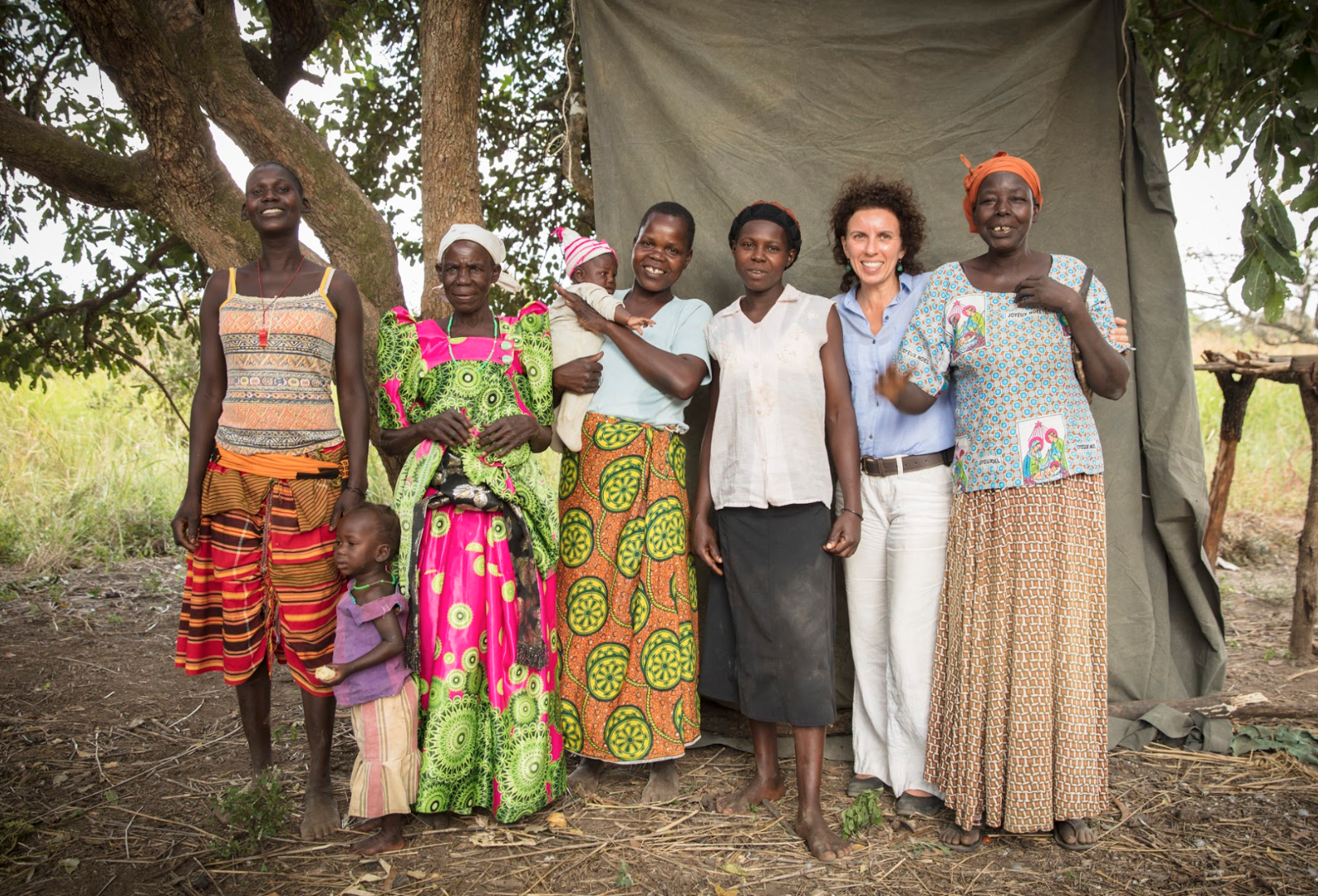Why We Chose to Work in Africa….
African Women Rising believes in a just and equal world where all people have the opportunity and right to live their lives with dignity.
Despite great gains in the fight against global poverty, sub-Saharan Africa is the only region consistently failing in these attempts. Across the continent indicators on hunger, displacement, access to health, food, income and education paint a troubling picture of the situation.

One in four people across sub-Saharan Africa remain under nourished.
47% of the population lives on $1.90 or less. Lack of access to food, or capital to buy food, is the main cause. Conflict often interrupts people’s ability to earn an income or grow their own food. Environmental challenges such as erosion, desertification, deforestation, and most importantly, drought and water shortages keep people from building sustainable livelihoods. Climate change threatens the vulnerable in disproportionate ways.

Sub-Saharan Africa holds more than 26% of the world’s refugee population.
Half are children.
Hosting 3.7 million refugees and 11.4 internally displaced people overwhelms already strained economies. Sub-Saharan Africa accounts for 47% of out-of-school children worldwide. Only 30% of boys and 25% of girls are enrolled in secondary school. Children are kept at home due to financial difficulties, lack of schools and teachers, poor sanitary facilities at schools, social norms, household obligations in the home, child labor and child marriages. Despite this seemingly bleak picture, there is hope, and important efforts underway to change the narrative.
For the last 10 years, African Women Rising has worked in partnership with vulnerable communities across Northern Uganda to help change these statistics. Our programs focus on providing people with access to capital to be able to invest in farming or businesses. We work in partnership with farmers to sustainably improve yields and reduce vulnerability to environmental challenges. We provide adult education to empower people to take action in their communities.
We still have a long way to go and there are no quick fixes. Through our programs we are working to break the cycle of poverty. As parents and caregivers become more financially stable they invest in the education of their children. Just like anyone else, they want a better future for their children.


